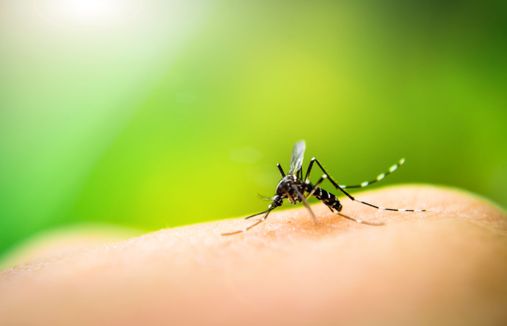West Nile Fever In India : Seven Year Old Kerala Boy Dies

A government press note said Kerala health minister K K Shailaja has asked the health secretary to intensify preventive measures across the state. She said there was no reason to panic and the situation was under control.
Kerala, Monday, March 18, 2019 —
A seven-year-old boy battling West Nile fever has passed away on Monday while undergoing treatment at the Kozhikode Medical College. The boy, Muhammed Shan, had undergone treatment for about two weeks after he was diagnosed with the disease. Doctors at the Kozhikode Medical College said that there was slight progress in his condition in the past two days and that he would be taken off the ventilator. On Monday morning, however, his condition deteriorated, doctors said.
Preventive Measures Intensified Across The State
A government press note said Kerala health minister K K Shailaja has asked the health secretary to intensify preventive measures across the state. She said there was no reason to panic and the situation was under control as a special medical team had been sent to Malappuram district as soon as the first case of West Nile disease had surfaced.
A team consisting the state epidemiologist, district vector control and veterinary units have visited the area and initiated steps to prevent the spread of the disease.
Special facilities have been set up to treat those showing symptoms of the disease, the minister said.
What Is West Nile Fever?
West Nile fever is a viral infection typically spread by mosquitoes. In about 80% of infections, people have few or no symptoms. About 20% of people develop a fever, headache, vomiting, or a rash. In less than 1% of people, encephalitis or meningitis occurs, with associated neck stiffness, confusion, or seizures. Recovery may take weeks to months. The risk of death among those in whom the nervous system is affected is about 10%.
West Nile Virus (WNV) is typically spread by infected mosquitoes. Mosquitoes become infected when they feed on infected birds. Rarely the virus is spread through blood transfusions, organ transplants, or from mother to baby during pregnancy, delivery, or breastfeeding. It otherwise does not spread directly between people. Risks for severe disease include age over 60 and other health problems. Diagnosis is typically based on symptoms and blood tests.







